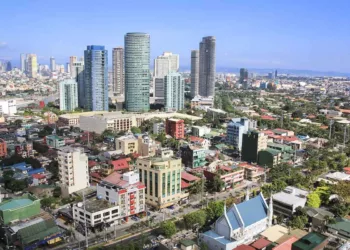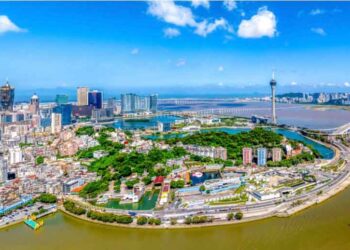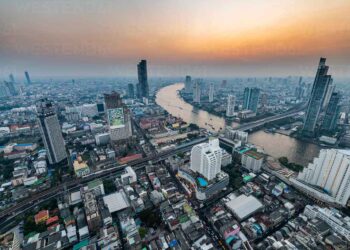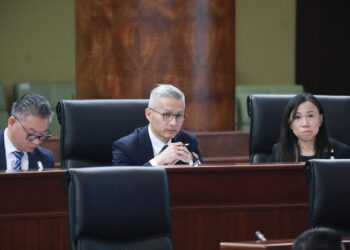Japan’s Sega Sammy Holdings has revised its FY23 earnings outlook upwards on the back of stronger than expected financial results for the nine months to 31 December 2022.
The revised outlook sees Sega Sammy now anticipating net sales of JPY381.5 billion (US$2.87 billion) for the year, up 1.7% on the company’s May 2022 guidance, with net profit attributable to owners of the parent now estimated at JPY31.5 billion (US$237 million) – 12.5% higher than previous guidance.
Sega Sammy, which produces video games, supplies pachislot and pachinko games and machines, and holds a 45% share in South Korean integrated resort Paradise City in Incheon, published its financial results for the nine month-period through December this week, with net sales up 14.9% year-on-year to JPY272.0 billion (US$2.04 billion) and profit up 11.5% to JPY32.8 billion (US$247 million).
These included an 18.3% increase in net sales in its entertainment contents, or video games, segment to JPY210.5 billion (US$1.58 billion) with ordinary income up 12.8% to JPY41.6 billion (US$313 million).
In the pachislot and pachinko segment, pachislot saw unit sales climb from 48,000 a year earlier to 63,000 on strong performance from the new 6.5 models under Japan’s new regulatory requirements, however pachinko unit sales fell from 64,000 to 48,000.
As a result, segment revenue was largely flat at JPY52.2 billion (US$392 million), although ordinary income of JPY7.36 billion (US$55.3 million) represented a 22.1% year-on-year increase.
The resort business, which also includes non-gaming operation Phoenix Seagaia Resort, booked a 30.2% increase in net sales to JPY8.70 billion (US$65.4 million) while ordinary loss narrowed from JPY4.65 billion (US$34.9 million) a year earlier to JPY2.81 billion (US$21.1 million).
While recovery at Paradise City is underway, primarily on the back of Japanese VIPs returning in force, Sega Sammy – which calculates Paradise City numbers on three-month delay in its fiscal year – noted that drop amount and casino users from January to September 2022 was still just 26.3% and 31.8% respectively compared with the same period in 2019.
“Meanwhile, the recovery in the drop amount by Japanese VIP has been seen due to partially relaxed travel restrictions from June 2022, and from October onwards, it has surpassed the level before the spread of COVID-19,” the company said.



































